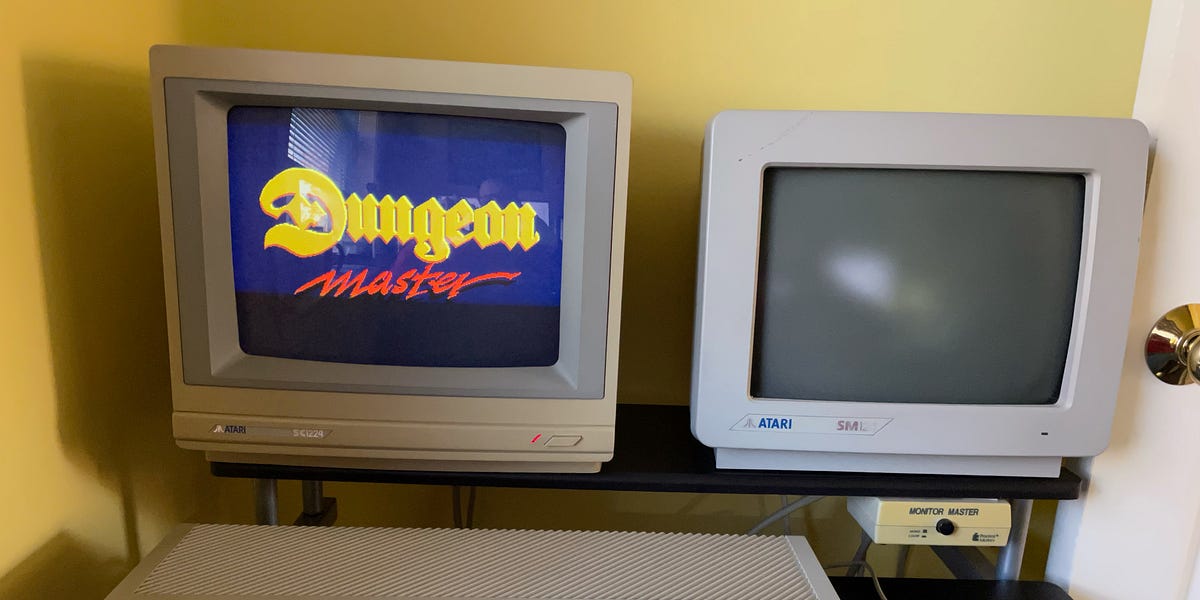Engineering talent market has shifted in recent years, and then shifted again due to the booming popularity of AI-powered tools. Where does a Junior Engineer fit into this new picture?
New Competition Landscape
Not long ago, a junior engineer was competing mainly against their fellow juniors and mid-level engineers. To make yourself hireable as a junior, you could gain an edge by studying the technology deeply, doing pet projects, and bringing energy and a fresh wave of positivity into the team. A situation where a junior engineer competed with a senior one was extremely rare.
Now, at the moment of writing this, a well-versed junior — with the right help from AI-powered coding agents or IDEs — can be considered a “supercharged junior.” Output expectations are higher, the learning curve speed is faster, ramp-up time - shorter. The entry point has risen to heights this industry has never seen before.
AI as Junior
Many senior+ engineers I talk with daily describe AI tools like Codex, Claude, or Cursor as being on the level of a junior engineer. “It’s like working with a junior — if you prompt it precisely enough, it will do a decent job, but for anything more complex I need to jump in myself.”
This sentiment is so widespread that it’s often accepted as fact, with many pitfalls overlooked. AI can’t talk to users or customers directly, won’t gain knowledge over time, won’t truly learn — and there are many other “won’ts.” Still, this perception has become another ingredient in our current reality.
Tough Market
With tougher competition and the “AI as a Junior” mindset spreading, companies are hiring significantly fewer junior engineers than ever — if any at all. The fortunate ones who do get hired face much more pressure. Others face a dilemma: should they change their career path altogether? This could trigger a loop where software engineering becomes an undesirable career choice for many.
For people with experience, this might sound like good news - less new blood entering the market means less competition down the road. But I believe this is a short stick to hold. We’re essentially shooting ourselves in the foot — just slowly.
Effect on the Industry
For any industry to stay healthy, it needs fresh minds bringing that youthful ignorance of how things “used to be done.” We, the old dogs, often don’t realize how easily we fall into doing the same things repeatedly out of familiarity. We need people who challenge, reshape, and sometimes reinvent.
You don’t need me to explain what that means for an industry that moves as fast as IT. Yes, juniors make the same mistakes we all did early in our careers (“let’s rewrite this legacy platform from scratch,” anyone?). And yes, they don’t yet understand all the reasons behind how things are built. But I’d rather go through that together for the sake of a fresh perspective and renewed energy.
New (Brave) World
We’ll need to learn how to nurture a new generation of software engineers, with AI tools under both our belts and theirs. This certainly changes how we can deliver projects together — but it doesn’t mean we should replace young professionals outright.
In my view, the time when junior engineers become hireable again should be near. Hiring the most senior people hasn’t exactly become easier, and competition at that level remains tough. AI isn’t complete enough yet to fill the gap, and with that realization, many companies may start opening their doors to new entrants. Those doors won’t be as wide open as they once were, though, since teams themselves are now smaller.
In any case, if you’re a junior engineer right now — I wish you patience!
If you’re a hiring manager — could a junior find their way back into your hiring plans? Your future self might appreciate the thought.
P.S. As with many AI-related topics, this one is bound to go stale quickly! Check the date of the post before leaving a comment. Thanks! ;-)
Photo by Mikhail Nilov
.png)




